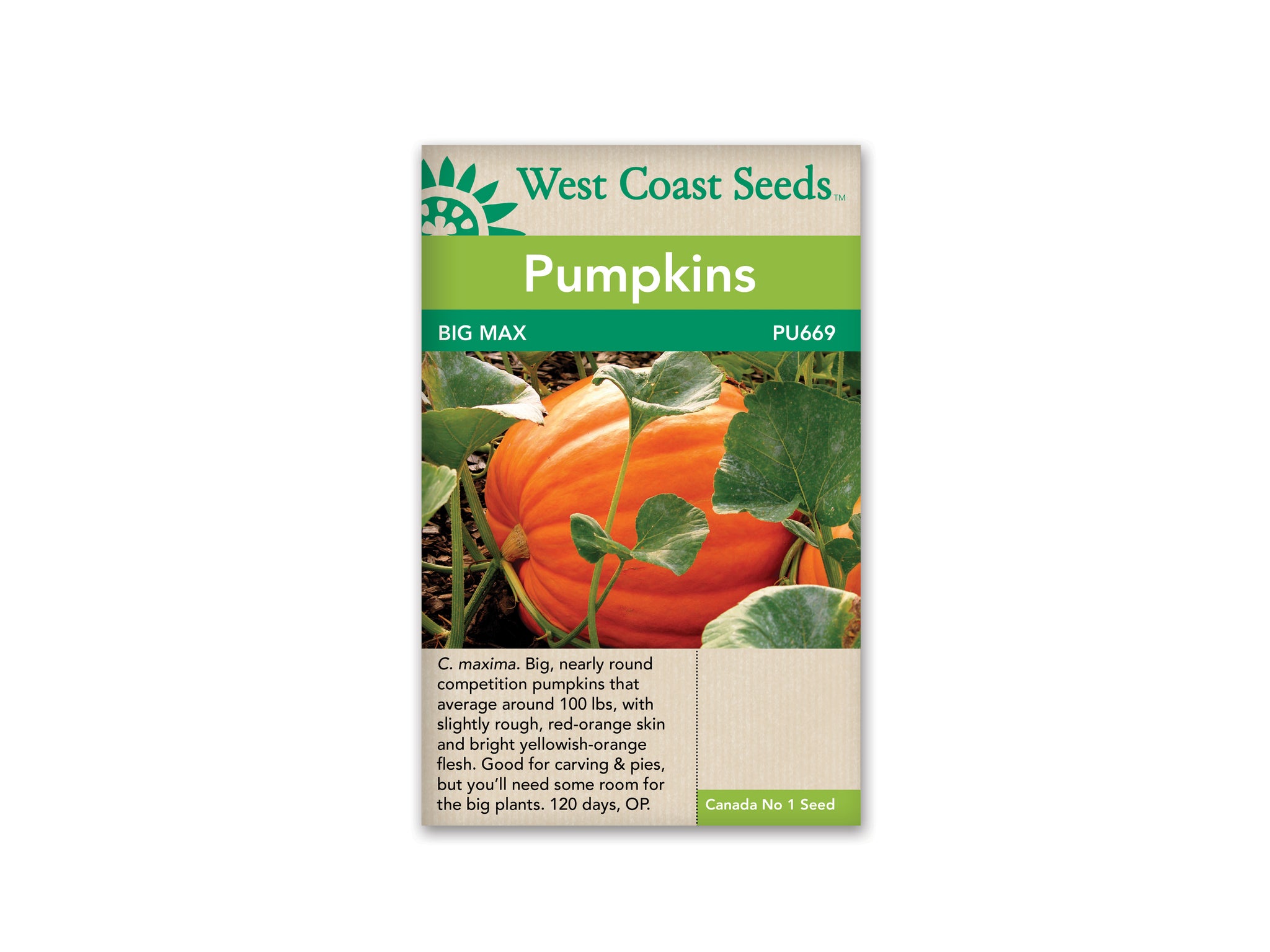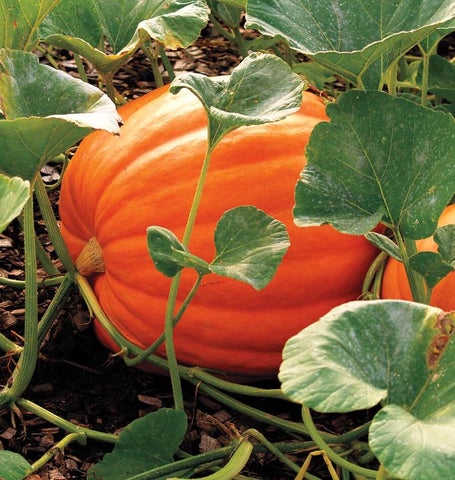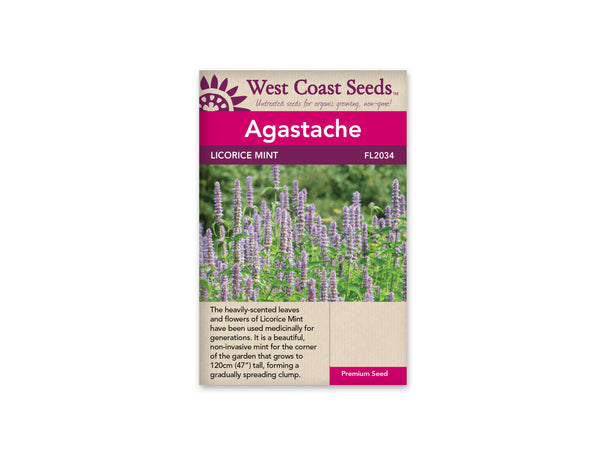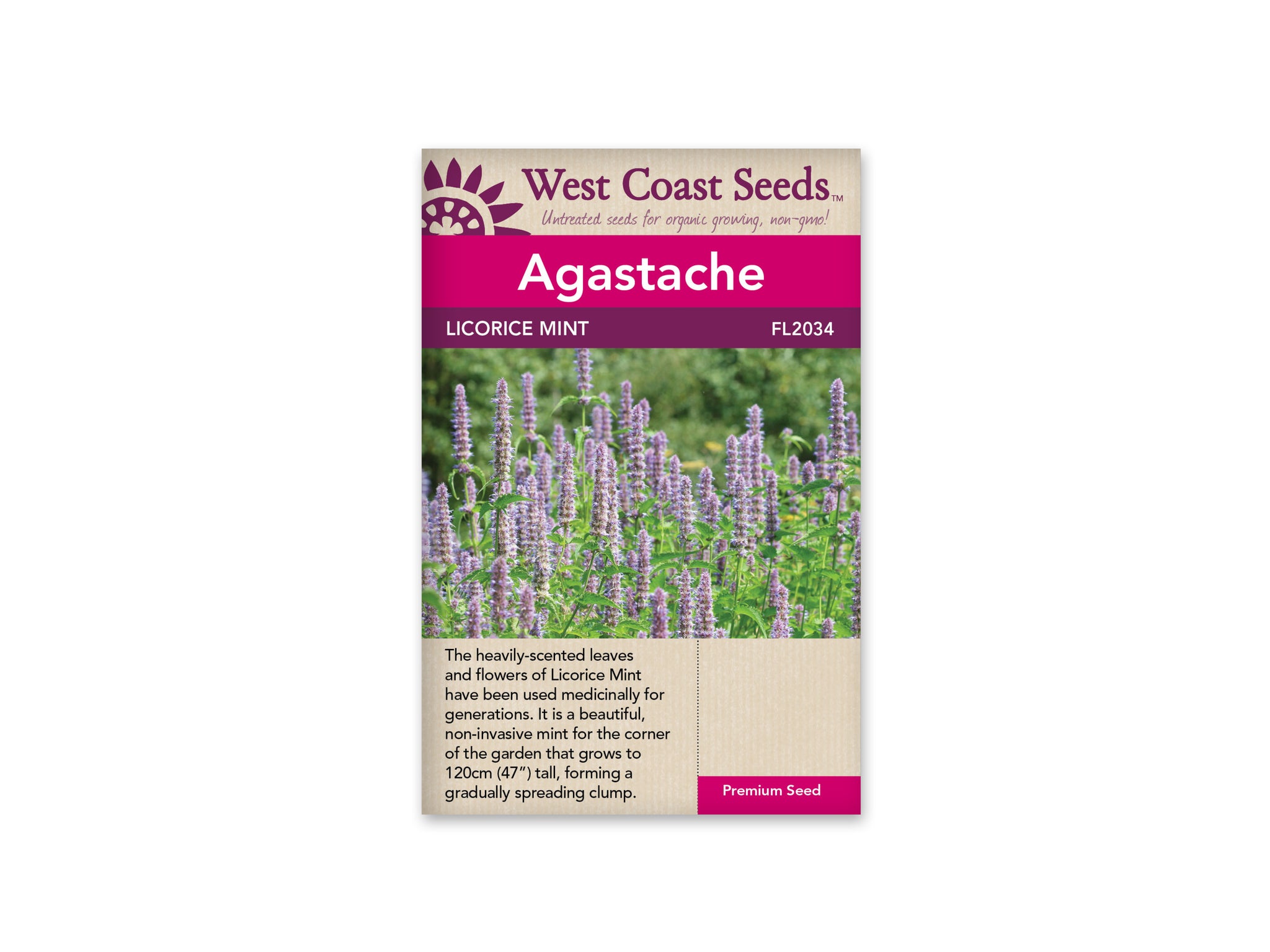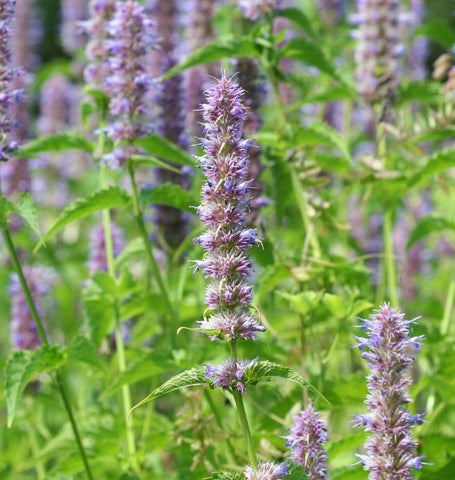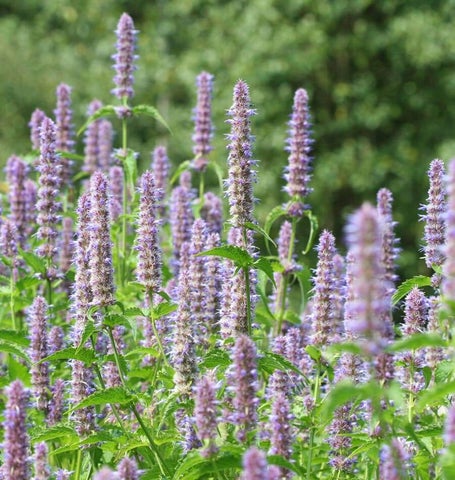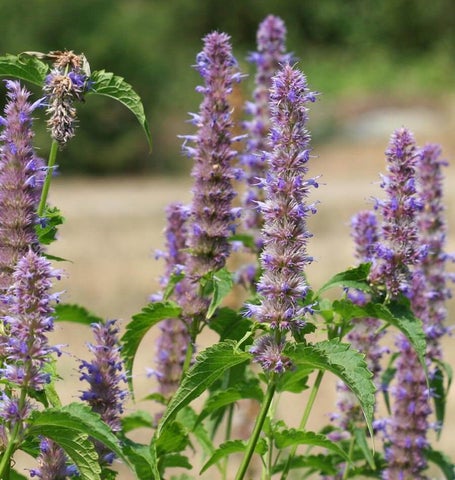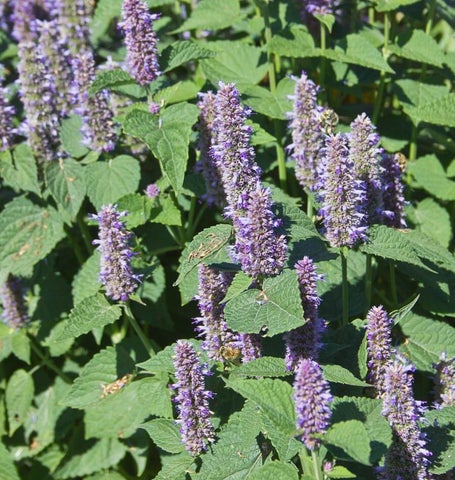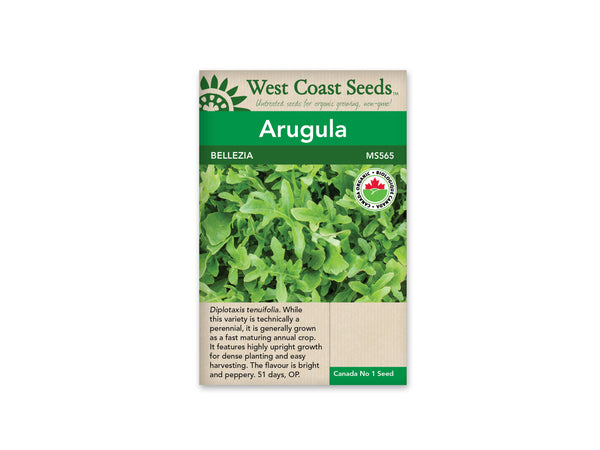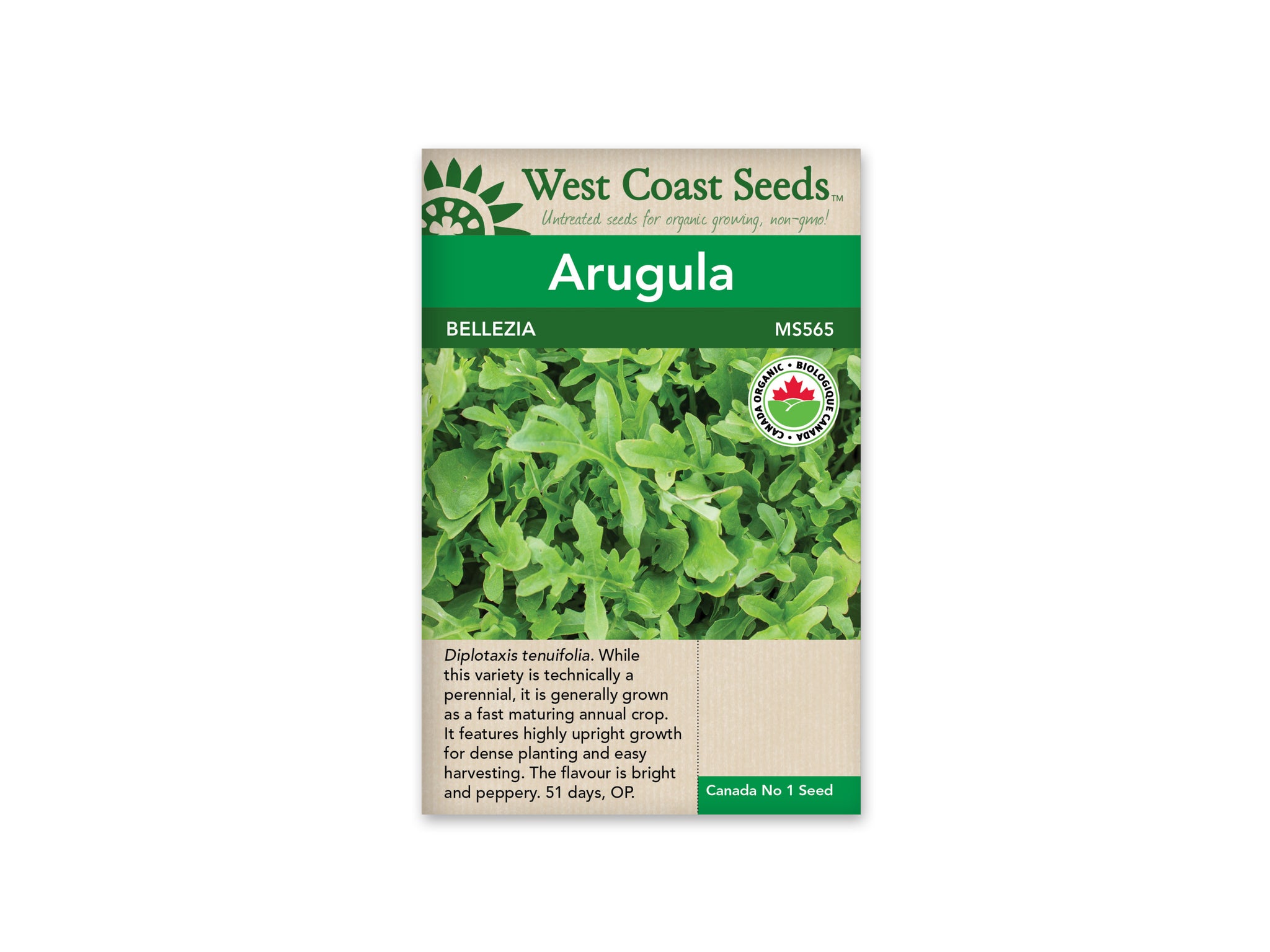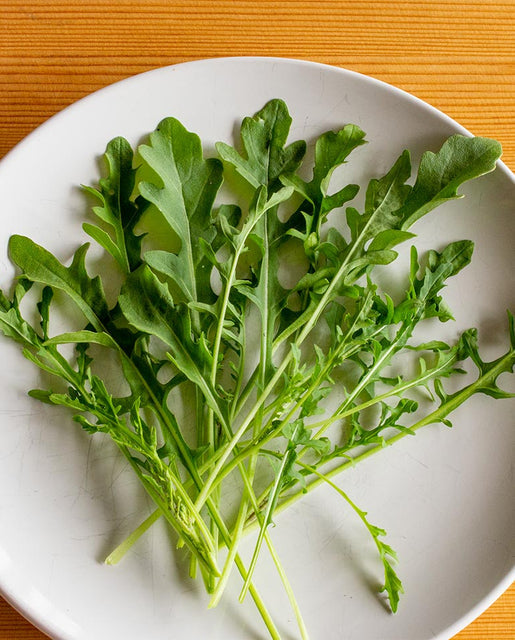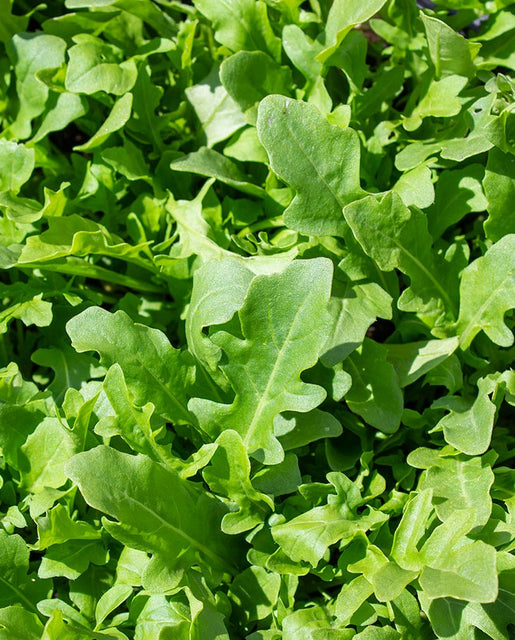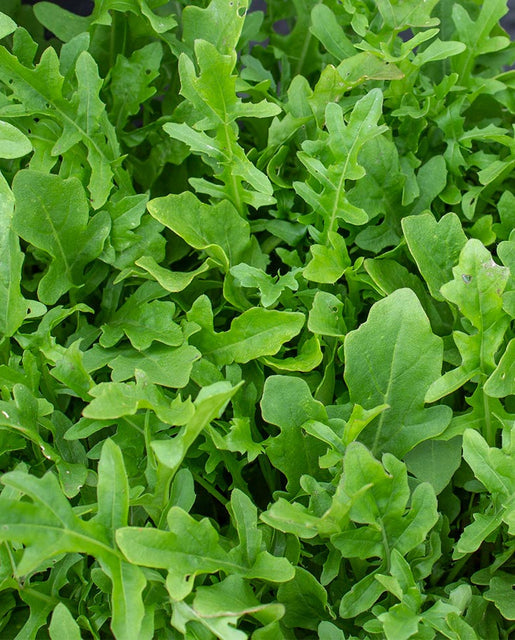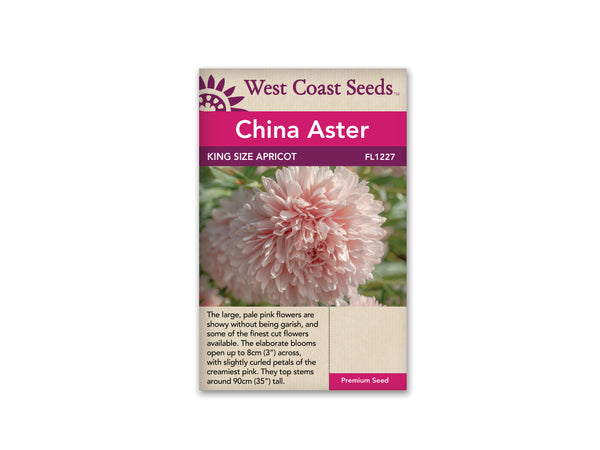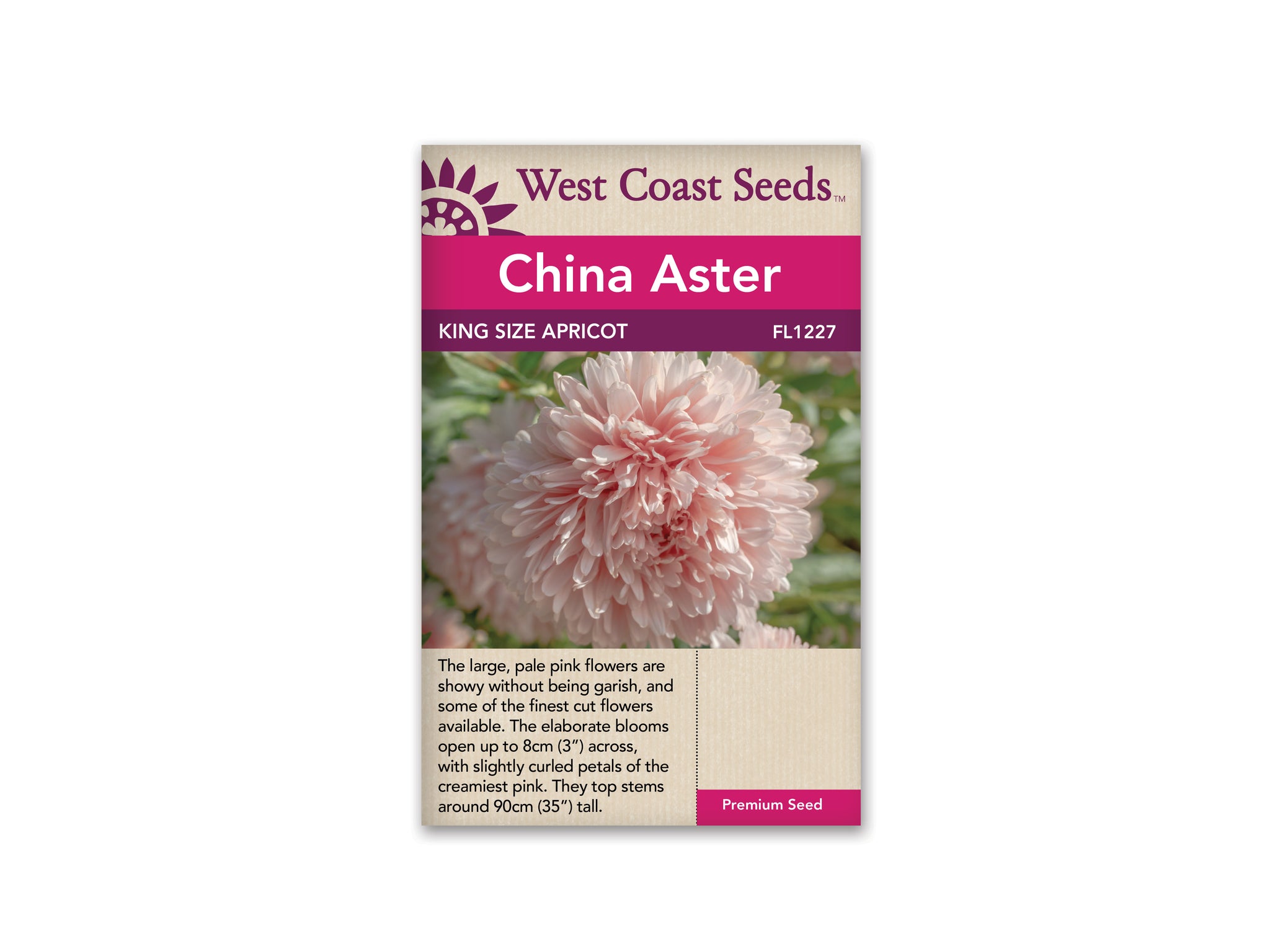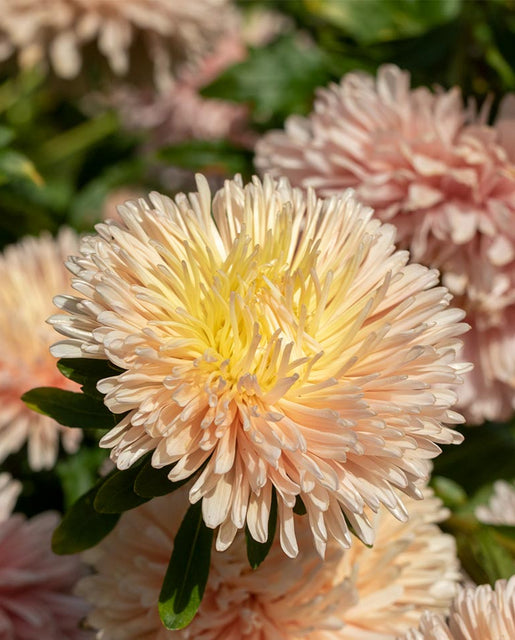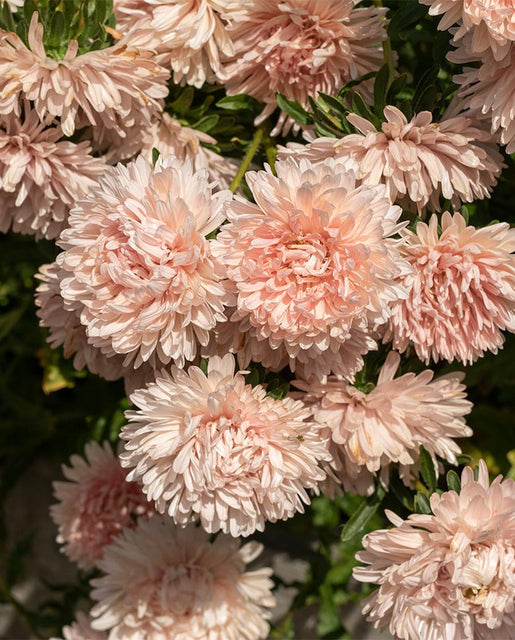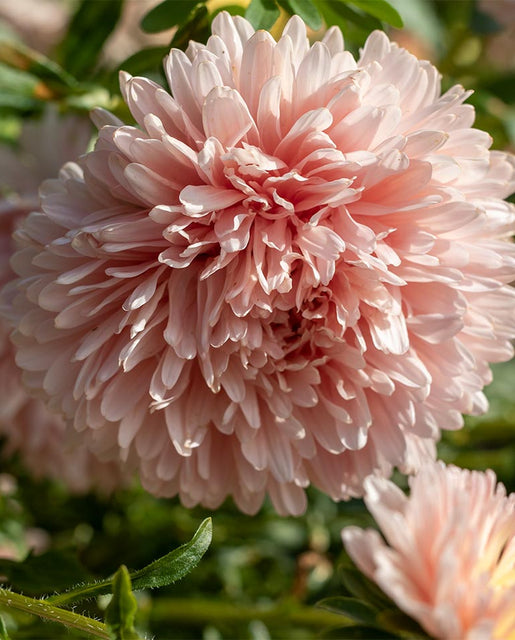Canadian Orders: Flat-Rate Shipping on Orders over $75 | Orders Over $150 Ship Free!
-
Shop
- New Arrivals
- Gardening
- Seeds
- Children + Baby
- Bath + Skin Care
- Baby Toys
- Books
- Puzzles + Games
- Loose Parts + Creative Play
- The Little Naturalist
- Play Chef
- Slings
- Apothecary
- Kids Lunches
- Accessories
- Sustainable Living
- Brushes / Brooms
- Food Storage
- Outdoors
- Coffee, Tea, Chocolate + Honey
- Coffee + Tea Accessories
- Water bottles + Travel Mugs
- Cookbooks
- Dishwashing
- Laundry
- Cleaners
- Accessories
- On The Go Essentials
- Self Care
- Face Care
- Body Care
- Hair Care
- Cosmetics
- Deodorant
- Toothpaste + Oral Care
- Sun Care
- Accessories
- Zero Waste Bathroom
- Soap
- Essential Oils
- For Men
- Books
- Apothecary + Natural Supplements
- Pet Care
- Shop Local
- Bulk
- In Store Pick Up
- Home Improvement
- Paint & Stain
- Discover
- Bulk Bar
Pumpkins — Big Max
Sold Out $3.49
C. maxima. Give Big Max pumpkin seeds a good early start indoors in May and transplant them out once the soil is warm in June. Provide deeply dug, very fertile soil, and you can expect very large Jack-o-Lantern type pumpkins up to 23kg (50 lbs) each! For the real competition size pumpkins, go with Dill's Atlantic Giant. But those require a lot of work and soil preparation. Meanwhile, Big Max will produce a pumpkin that kids of any age will be proud to call their grand champion. This variety is great fun to grow with children, but be prepared for the large size of the plants.
Matures in 105 days (Open-pollinated seeds)
Quick Facts:
- Fruits up to 90kg (200lb)
- Really, big pale-orange pumpkins
- Wide ribs on long sprawling vines
- Open-pollinated seeds
- Matures in 120 days
Size: 3g (approx. 12 seeds)
How To Grow: The thick walls of some pumpkins are wonderful for cooking and store well all winter. Pumpkins for carving are thinner walled so kids can decorate them easily. Continue reading below for some key tips on how to grow pumpkins from seed.
Difficulty
Easy, but these big plants require lots of room.
Season: Warm season
Exposure: Full sun
Timing
Direct sow or transplant in late spring when soil warms up. For transplants, start seeds indoors 4-6 weeks after the last frost date. Try to get the plants into the ground no later than the summer solstice. Optimal soil temperature for germination: 25-35°C (68-95°F). Seeds should sprout in 7-14 days.
Starting
Sow seeds 2cm (1″) deep. Sow 3 seeds in each spot you want a plant to grow and thin to the strongest plant. Space plants at a minimum of 90-120cm (36-48″) apart in rows 120-180cm (48-72″) apart. If starting transplants indoors, consider using the 12-cell plug inserts.
Days to Maturity: From direct sowing.
Growing
Ideal pH: 6.0-6.8. These big plants need lots of food. Choose a sunny spot with fertile, well-draining soil. Dig in a generous quantity of finished compost and/or composted manure. Dig in 1 cup of complete organic fertilizer under each plant. All pumpkins grow male flowers first, then the female flowers are produced. The female flowers have tiny fruits at the base of the petals and require pollination by bees, mostly. Incomplete pollination is common at the beginning of the season, and results in small fruits that are misshapen at the flower end. Discard these damaged fruits before they rot.
For the largest pumpkins, feed weekly throughout the growing season with fish or kelp based fertilizer. Keep the huge plants well watered, particularly in hot weather. Always water the soil, and avoid any form of overhead watering other than rain. Fruit will grow larger if you keep only one fruit per vine. As the fruit develops, try to gently encourage it to grow at a 90° angle to the vine itself. The largest pumpkin varieties will grow on their sides.
Harvest
Like other winter squash, pumpkins are mature when they have coloured up well and their stems are crisp. For the best sugar content, cut the stem about 4cm (2″) or so from the body of the fruit. If the weather is dry, allow the pumpkins to cure in the field for 10 days, or in a warm room for 4-5 days. Bring pumpkins in under cover before rain.
Seed Info
In optimal conditions at least 80% of seeds will germinate. Usual seed life: 2 years. Per 100′ row: 60 seeds, per acre: 6.5M seeds.
Diseases & Pests
Powdery Mildew: An airborne fungal disease that causes white spots on the leaves at the end of the season. Several home-sprays are said to be somewhat effective. Spray any of the following at 7-10 day intervals. 1tsp baking soda and 1 quart of water with a squirt of dish soap, or 1 part milk to 9 parts of water. You can add a little kelp based fertilizer to the mix. Resistant varieties get the mildew just a few days later than the other varieties.
Related Items
Agastache — Licorice Mint
Sold Out $3.49
Agastache foeniculum. With heavily licorice-scented leaves and tall spikes of edible lavender flowers, Licorice Mint has been used medicinally for generations. It also happens to...
View full product detailsArugula, Wild — Selvatica Heirloom Organic
Sold Out $3.69
CERTIFIED ORGANIC! Diplotaxis tenuifolia. While technically this variety is a perennial, growers and home gardeners will probably prefer growing it as a fast maturing annual crop. Bellezia...
View full product detailsAster — King Size Apricot
Sold Out $4.19
Callistephus chinensis. King Size Apricot China Asters are some of the most sensational cut flowers we know of. The large, pale pink flowers are showy without...
View full product detailsSign up to get the latest on sales, new releases and more…
© 2025 Sustain.
Ecommerce Software by Shopify

